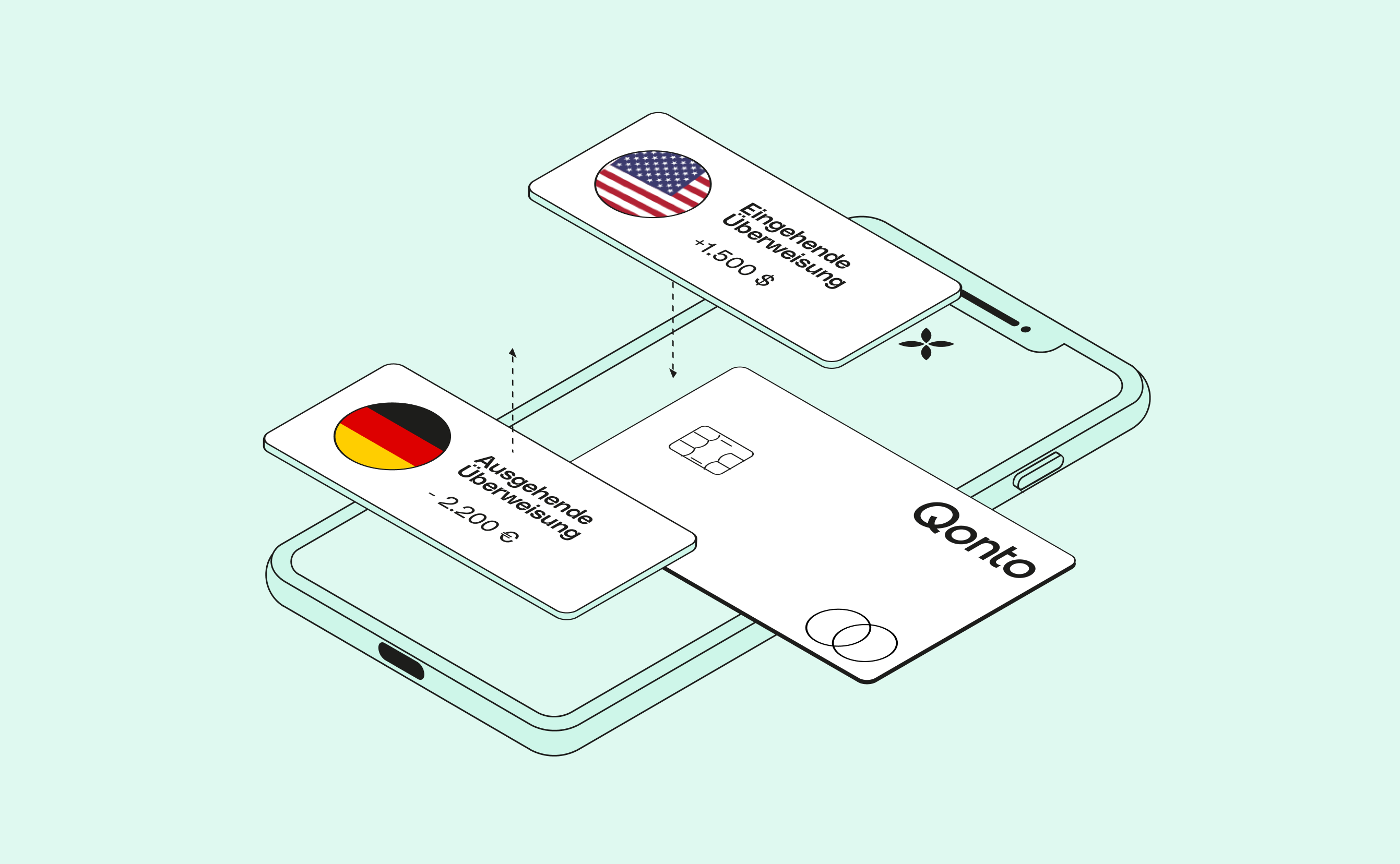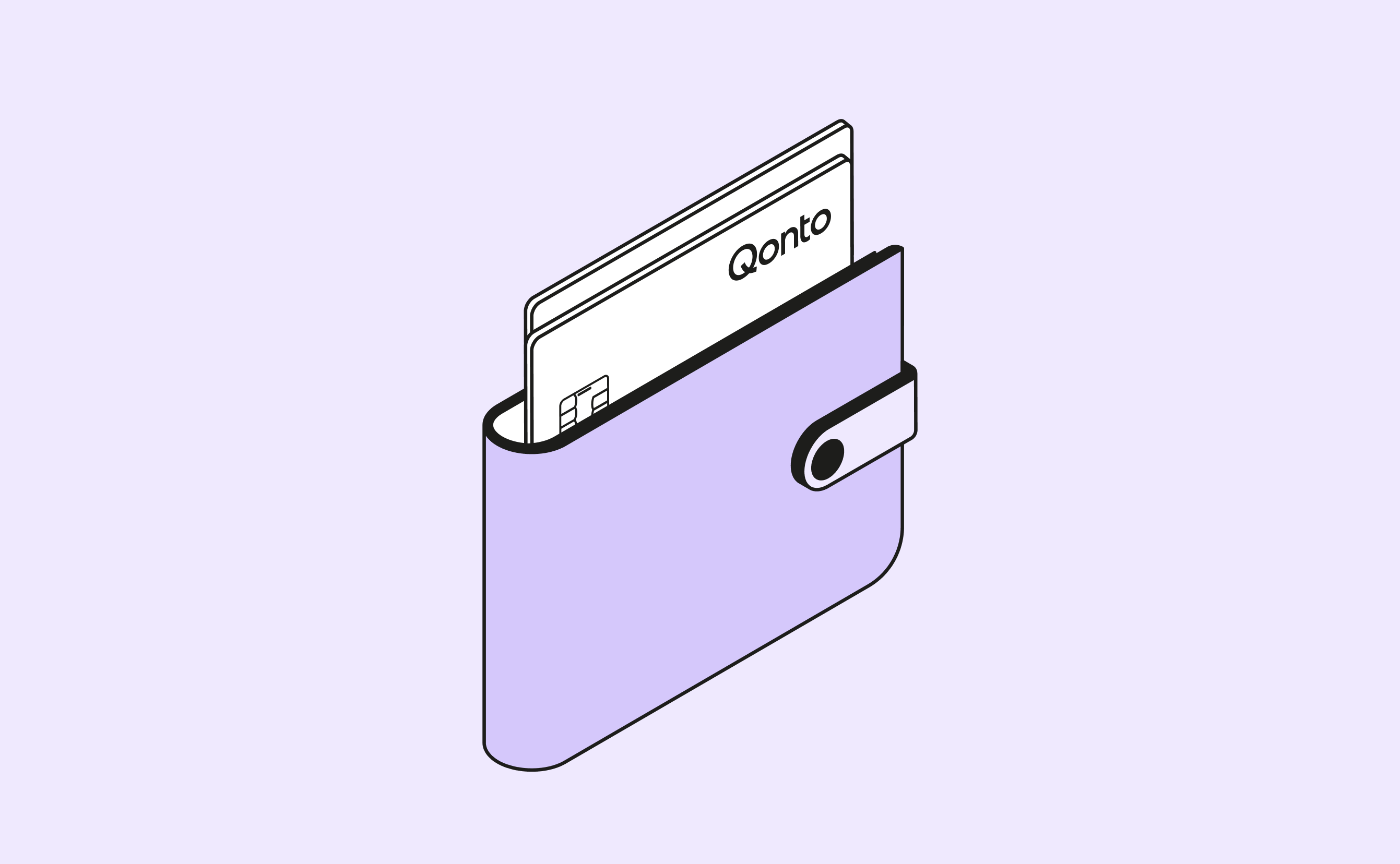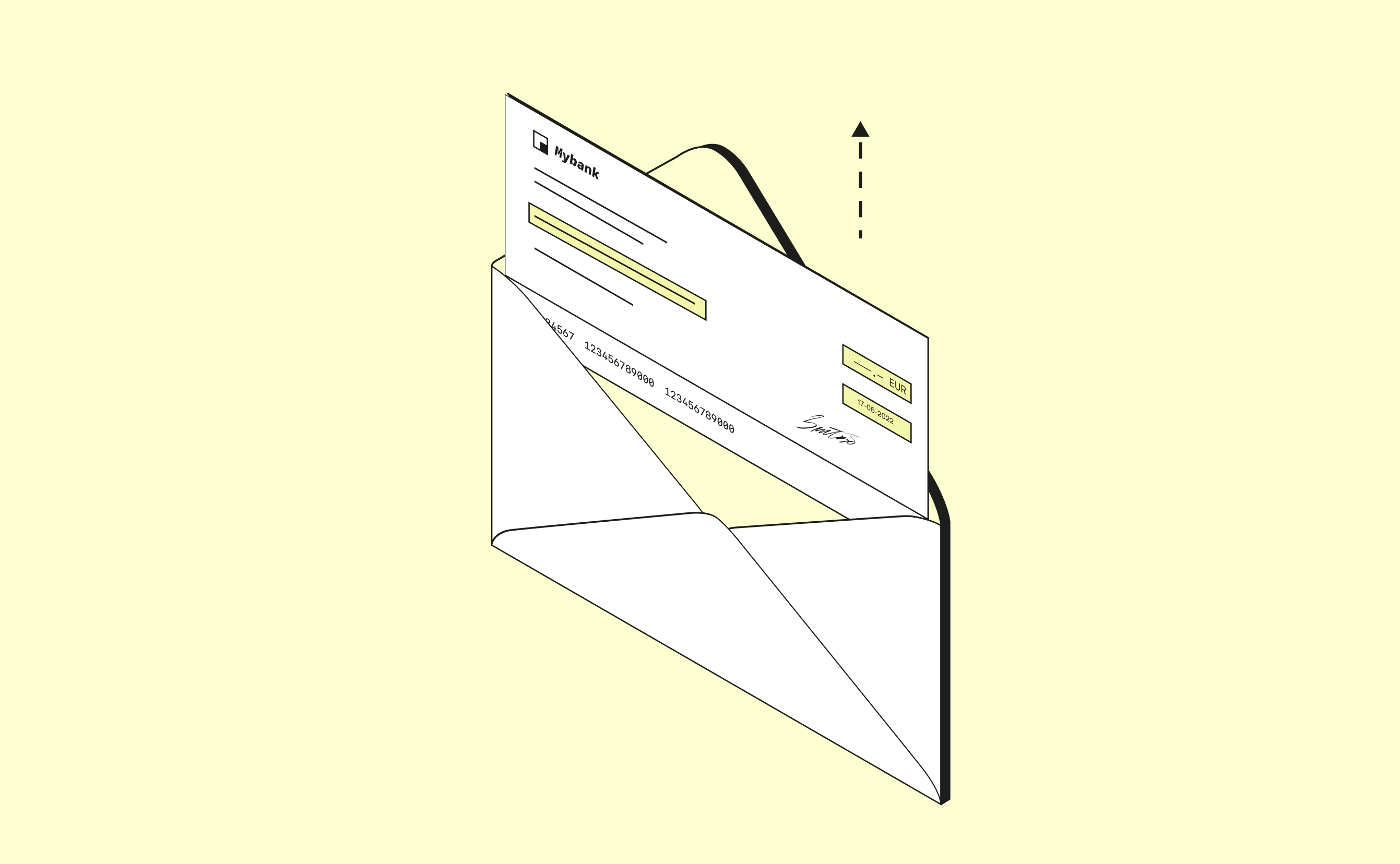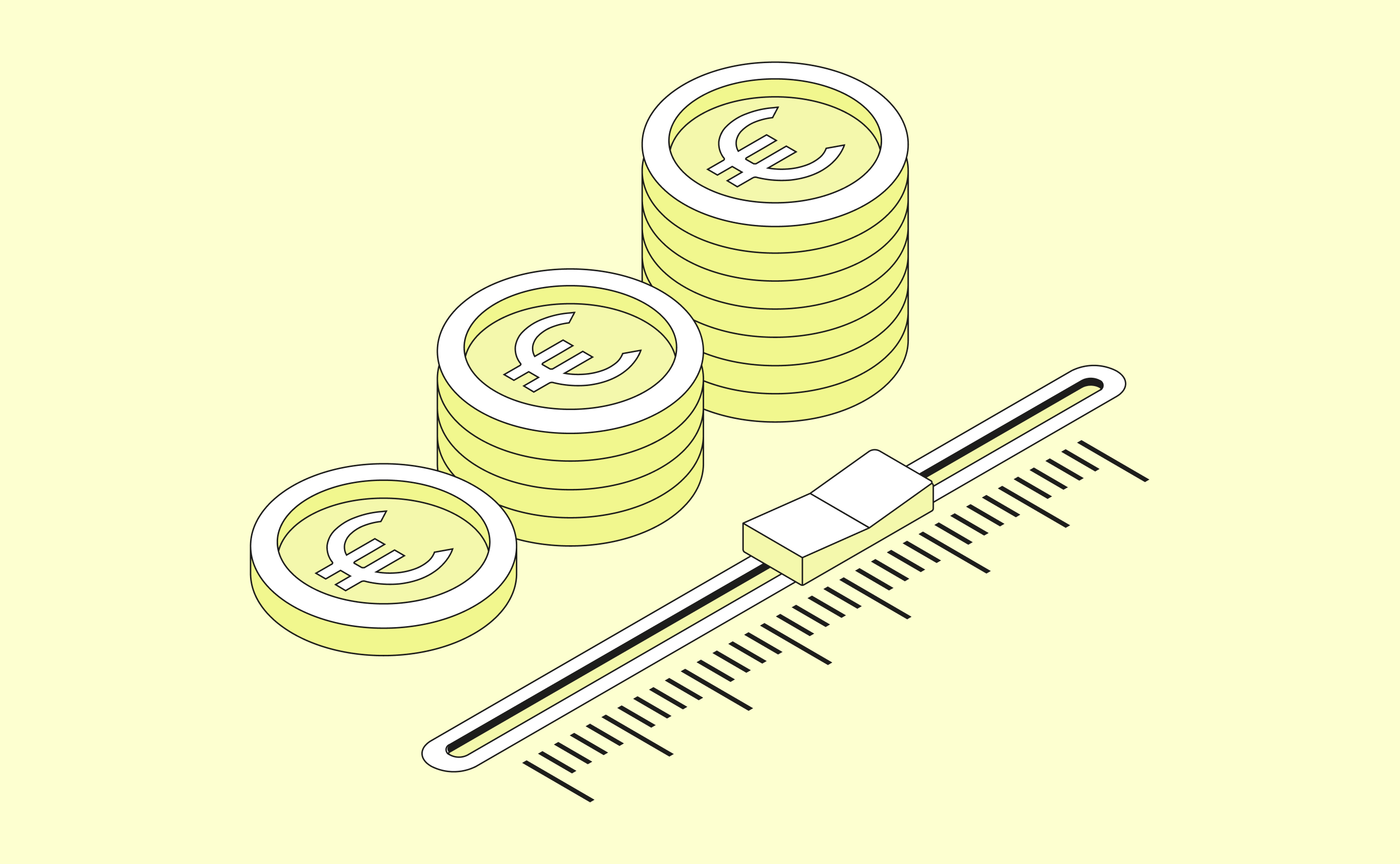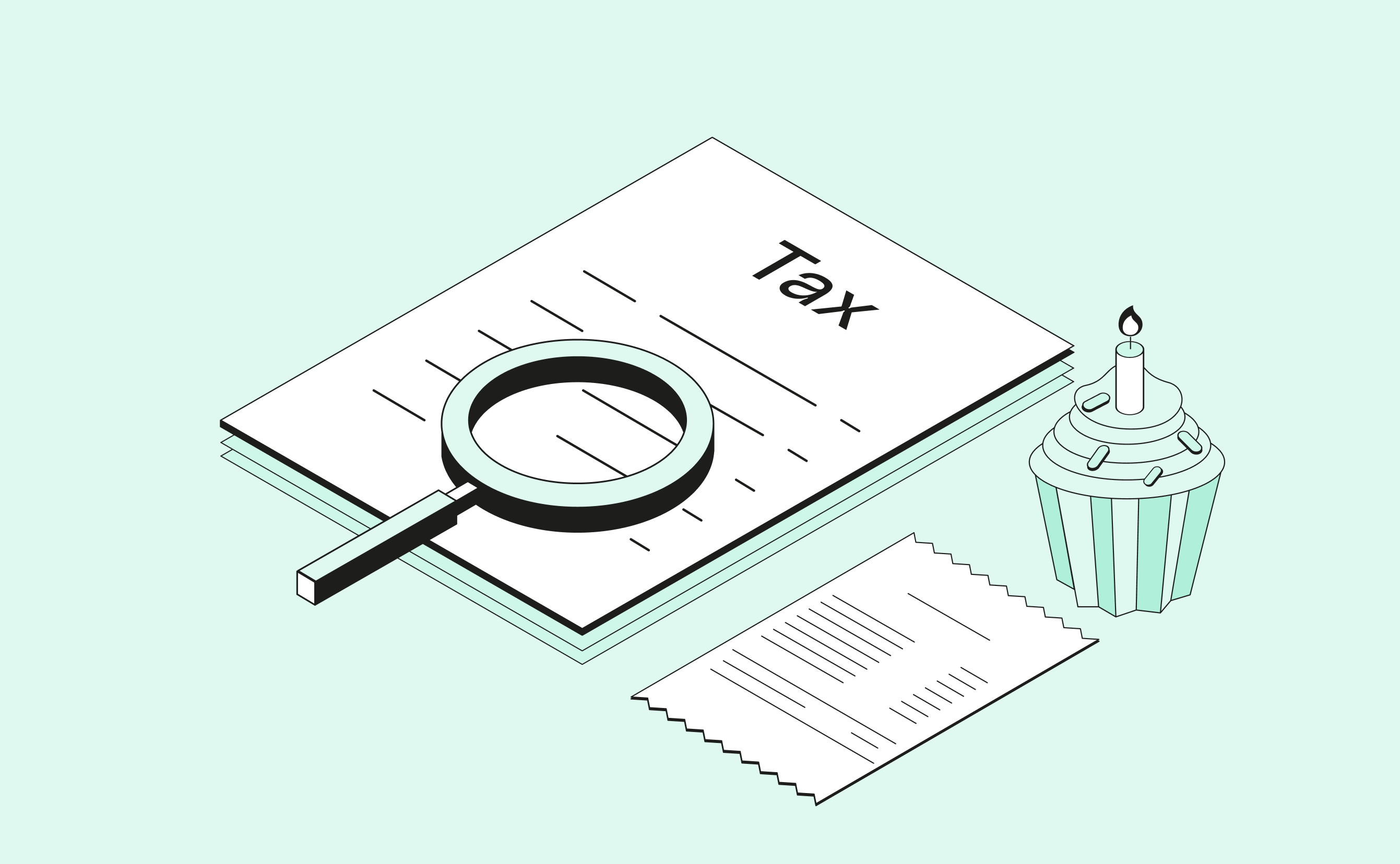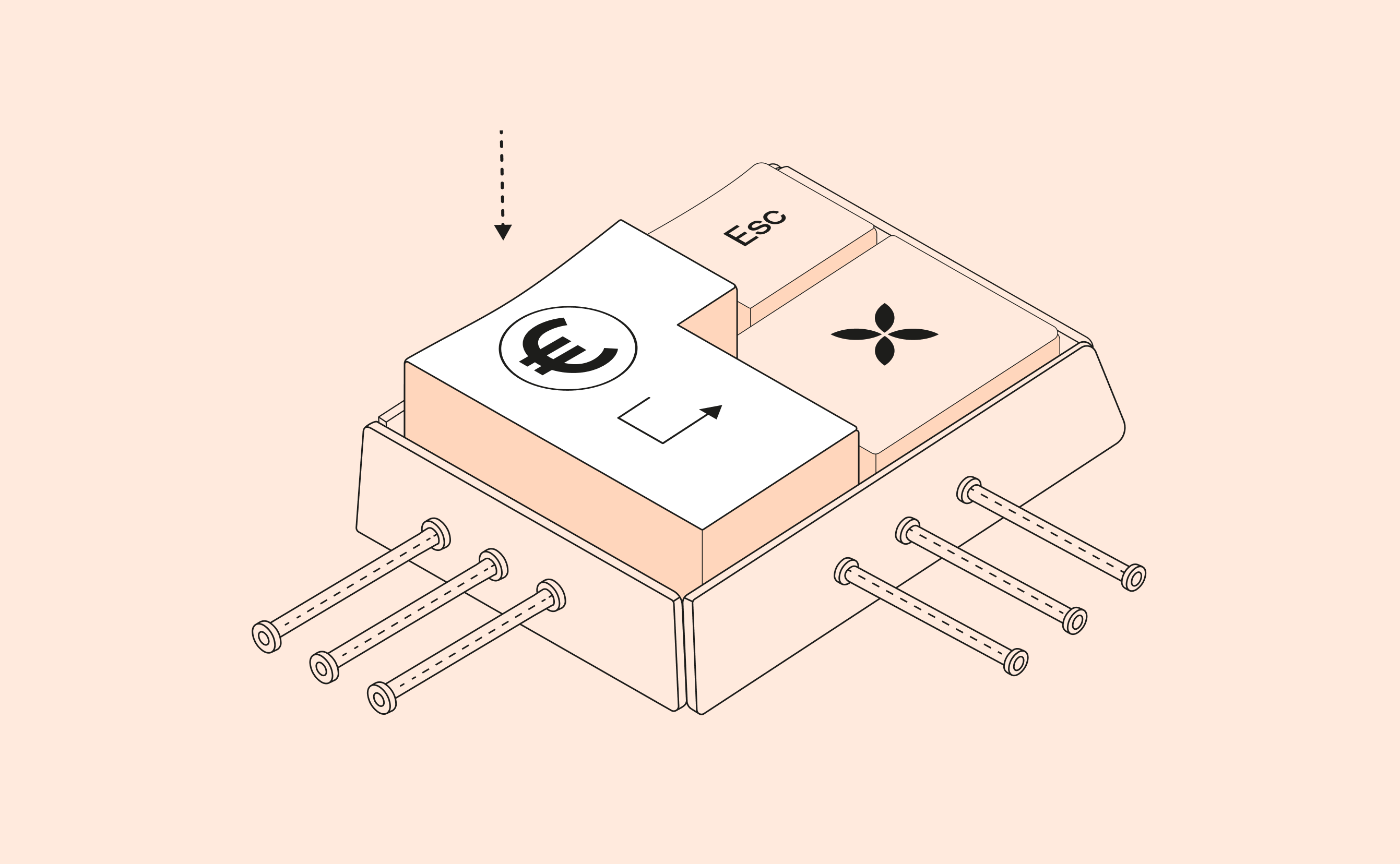Cancelling a pending transaction should be as simple as tapping the notification and selecting ‘cancel’ from a drop-down menu, but it’s often not the case. Due to the journey between banking institutions and receivers that the transaction embarks on, ‘pending’ may mean the funds have been stopped anywhere along the way. This complicates the process of cancellation for the sender. In this post on how to cancel a pending transaction, we’re going to go over the basics of cancelling pending transactions: on your debit card, Paypal account, and also when to contact financial institutions to discuss the matter further.
How to Cancel a Pending Transaction
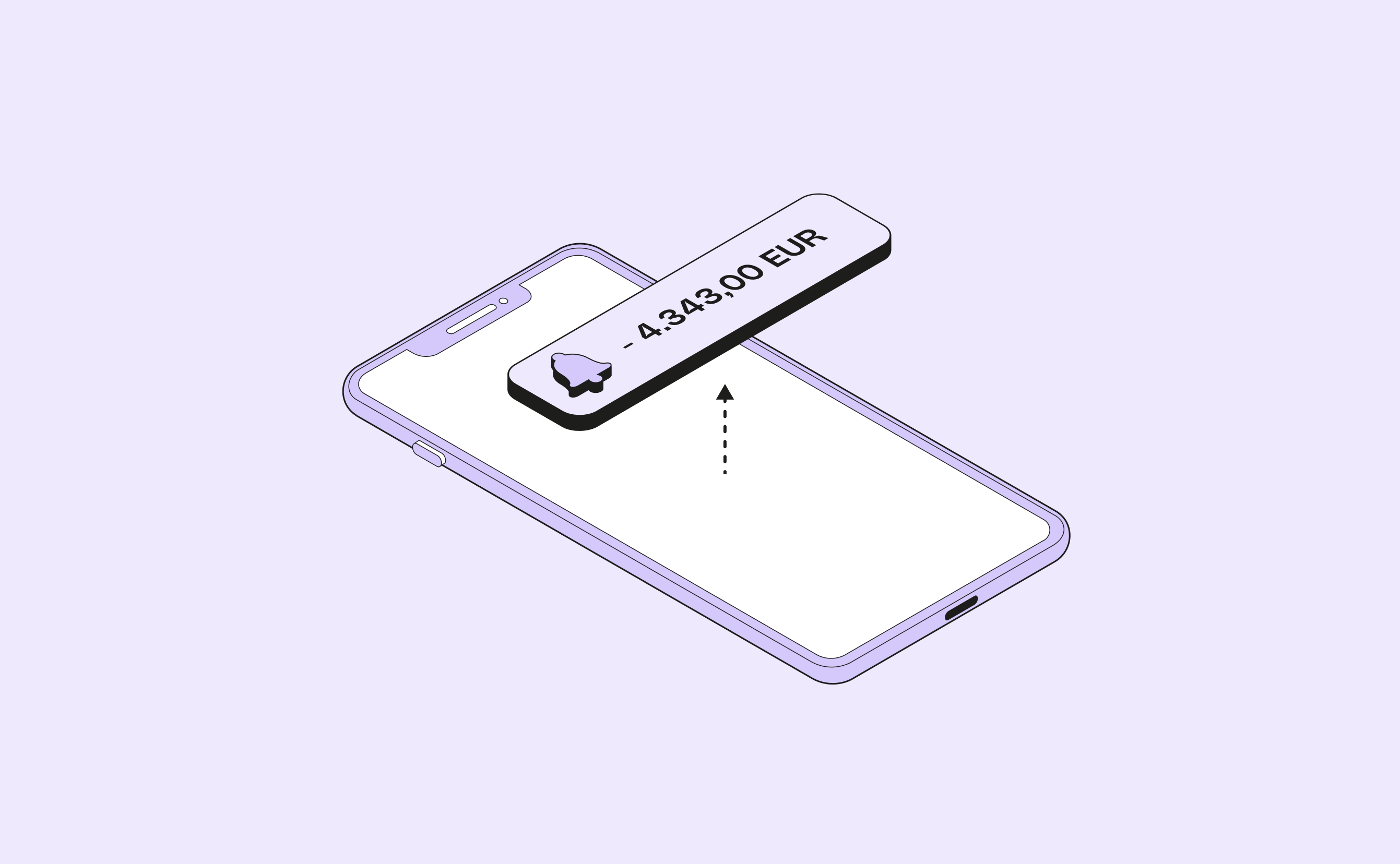

What is a pending transaction?
Pending transactions are payments that haven’t yet completed the round of recipients required to confirm a successful transaction. Once the funds leave your account, the transaction information will be checked by the Point of Sale (POS) system, card issuers of both you and the receiver, and also your respective financial institutions. Until the information has completed this cycle, the transaction is classed as ‘pending’.
How to cancel a pending transaction on your debit card
While a pending transaction on your credit card will only limit your available credit balance, pending transactions on your debit card limit access to your actual funds. This makes them potentially more damaging financially. You may have other payments to make but you’re still waiting on a pending transaction, leading to a stressful situation.
How to cancel a Paypal payment pending
A Paypal payment may end up on hold for two reasons:
- You’ve sent money to the account of a person who has no Paypal account registered with either their email address or phone number, or
- You’ve sent funds to someone who has their account settings restricting them from automatically accepting payments.
In the first case, you’ll be able to easily access your transactions after logging on to Paypal. There, you can find the payment and, if it’s still pending, simply cancel it under the ‘payment details’ menu.
How to dispute a posted credit or debit card transaction
A posted transaction is a successful one, having passed from pending and gone through as a payment. It’s actually easier to dispute a posted transaction than a pending one, because the payment is no longer being sent to different institutions.
When to contact the merchant
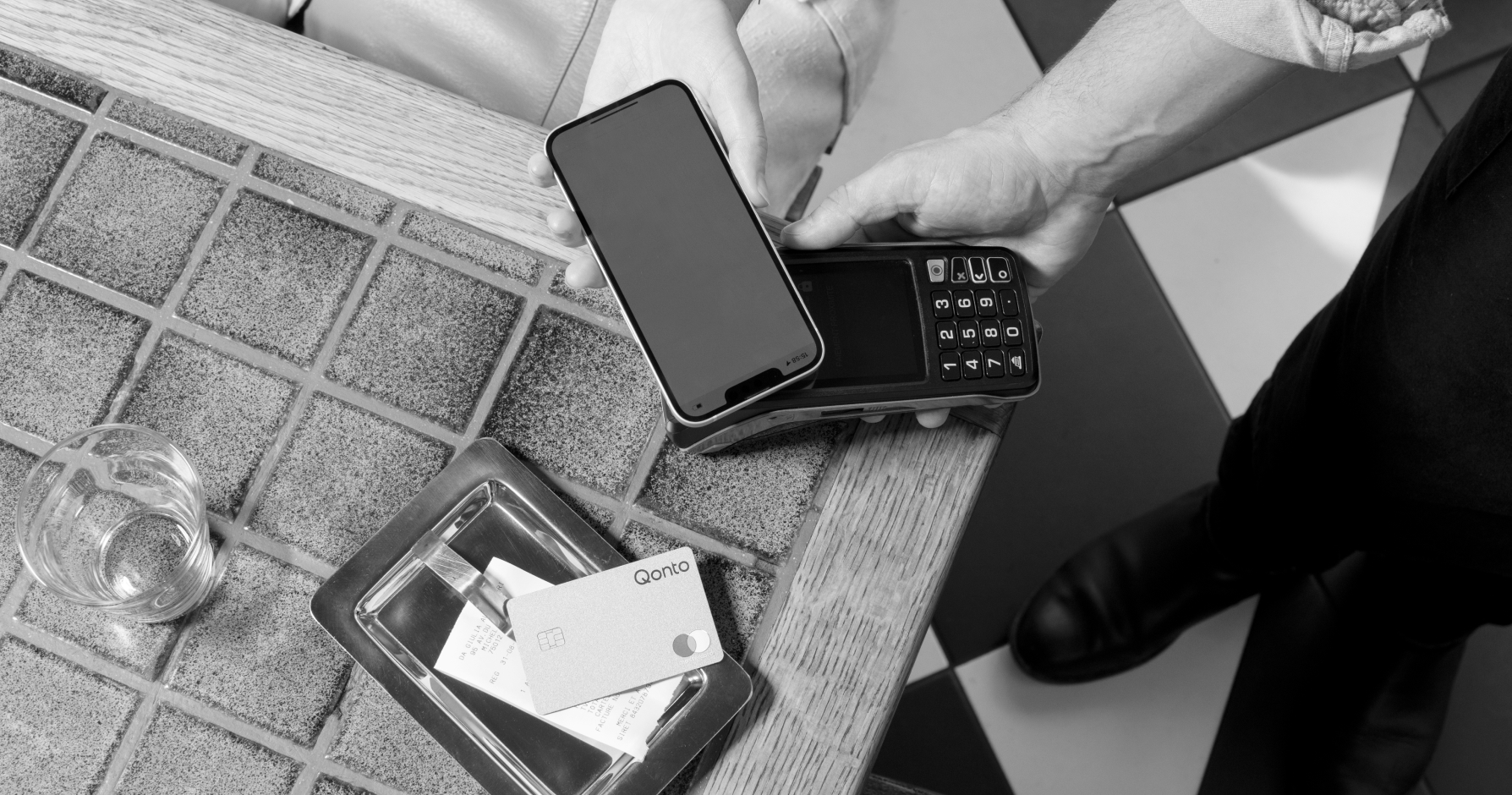
Contacting the merchant is probably the least complex and most immediate way to dispute a transaction.
- You immediately realise you don’t want the purchase
- The purchase is currently pending
- You were charged twice for the purchase
- You are returning something
When making contact, gather up all the transaction data you can: details about the item/service purchased, order number, charge information.
When to contact your bank or card provider
In certain cases, you will be unable to work directly with the merchant to dispute the charge. They may be difficult to reach or wilfully uncommunicative, leaving you in the lurch.
- Unknown or strange transactions in your account statement
- Membership or recurring payment you cannot cancel with the company
Depending on the financial institution to which you belong, there may be several steps to completing a claim for a fraudulent transaction or one you wish to cancel for other reasons. Visit your bank’s dedicated page to cancelling a transaction to best find out how to do this.
Consequences of not paying a credit card
If you’ve tried to cancel a credit card transaction and been unsuccessful, the reality is you will have to pay for it. This is because once the charge is posted to your account, it becomes your responsibility.
Your overdue balance will increase
The first consequence you will see is late fee charges added to what you’re already owing. The ‘default’ rate is usually between 25% and 30%, but depending on your card issuer can increase to 70%.
Your credit score will drop
Once the payment reaches 30 days overdue, your card issuer will report it to the responsible authorities and add it to your credit rating. Payment history is a large part of your credit score, so unpaid charges can have a significant impact on your credit rating.
Your debt will be charged off
Since many card issuers will charge off the debt after 180 days, if you continue to ignore the payment this will eventually happen. What this means is that the matter will be handed over to a debt collection agency specialising in unpaid debts. During this time the interest on your debt will continue to grow.
You will be sued over the balance
If the debt collection agency does not receive payment from you, the matter will be taken to court. If this happens, your income can be garnished, assets can be repossessed, or legal action can be taken if you’re unable to provide either of these.
- Pending transactions are unfinished payments, stuck somewhere in the round of stops each transaction must make towards its destination
- Cancelling a pending transaction on your debit card involves contacting either the card issuer or the merchant quickly to resolve the situation
- Cancelling a pending Paypal transaction is possible when the payment has not gone through, and can be done from your Paypal account
- Disputing a posted transaction must be done within 30 days of the payment, and is protected by banking standards in most countries
- Contacting the merchant is advisedly done immediately, and is the quickest way to resolving a transaction dispute in most cases
- Contacting your card issuer may be necessary if you cannot resolve the issue with the merchant
- Failing to pay a charge on your credit card can lead to a series of worsening consequences, potentially ending up in court
